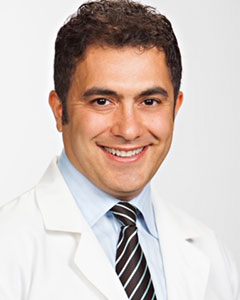A1C Levels High and Diabetes Only Getting Worse
My husband has been a type 2 diabetic since we’ve been married, 30 years. He’s been going to the same family Doctor since then as well. I feel his Doctor doesn’t help his diabetes at all, but he doesn’t want to leave him because he “knows everything about my husband” since he’s been with him so long. (That’s what my husband says!) He is very old fashioned in his treatments, and just gripes at us every visit that his a1c levels are too high and he needs to eat better. We watch his diet closely. He’s always tired, he is always falling asleep throughout the day. He has low blood pressure too. He’s on medication for all of this, but I feel he needs to see an endocrinologist, a specialist. Is it possible to get his A1C levels down and how dangerous is it if he doesn’t? Can he feel better? I think he believes this is just how life is with diabetes and is how he’s going to feel forever. I want to help him feel better and live happier, and would love to hear a professional’s opinion on this.
Questions Answered by Leading Local Doctors

Sean Nikravan, MD, FACE
Newport Beach, Endocrinologist
Diabetes is a multi complex disorder and the longer you have diabetes the more complex disease becomes. It involves multiple organs and multiple systems. The management and treatment of diabetes has evolved drastically over the last decade. Simply telling the patient that your blood sugar average is too high and you need to eat better is insufficient and therefore setting up the the patient for failure. Diabetes is a progressive disease in which it needs constant monitoring surveillance and therapy changes. As long as the patient is compliant and actively working with his or her doctor , diabetes management is very straightforward and easy. I do feel that your husband could for sure benefit from an expert endocrinologist who will take a overall approach towards improvement of your husband‘s blood sugar, fatigue and management that offers the least risk towards hypoglycemia and improving his long-term outcomes.
Sincerely,
Sean Nikravan, MD, FACE
Sincerely,
Sean Nikravan, MD, FACE


